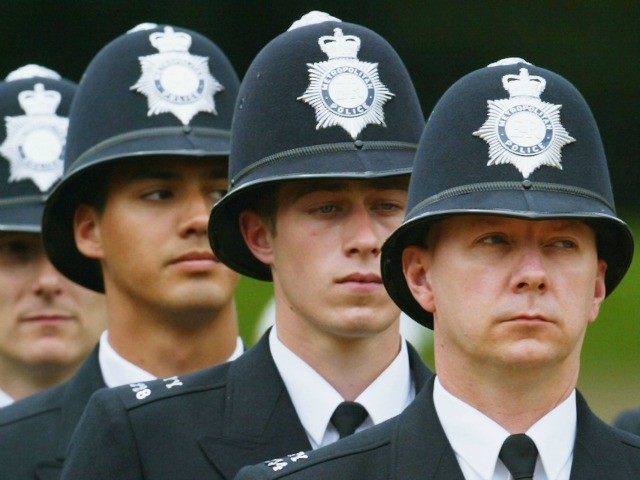Two of the country’s most senior police officers have said funding cuts will result in a transformation to crime investigation and an end to routine patrols by “bobbies on the beat”.
The suggestion was made to the BBC by the chairwoman of the National Police Chiefs’ Council (NPCC), Sara Thornton, and Craig Mackey, the deputy commissioner of the Metropolitan Police (the Met). It was met with scepticism from the Home Office who said police reform is working and crime falling.
Representing a different viewpoint, author and journalist Peter Hitchens took to Twitter to express his surprise that the BBC believes “bobbies on the beat” have existed for some time.
.@BBCNews Who dreams up these laughable claims?Beat Policing was abolished nearly 50 years ago.
— Peter Hitchens (@ClarkeMicah) October 28, 2015
Mr. Mackey’s fears are based on the fact the police service budget is not ring-fenced in the way that the government’s overseas aid spending is. He has been told to expect a 25-40 per cent funding reduction in next month’s Comprehensive Spending Review.
Speaking to BBC Newsnight, Mr. Mackey said the Met anticipates a £1bn cut in funding, which he says could resulting in losing a quarter of his service, a possible 8,000 job losses. In his opinion compulsory redundancies would be a real possibility.
The outcome would be a change in the way crime is investigated. Mr. Mackey suggested it would be highly likely the police would raise the threshold for investigating certain crimes, with victims receiving a telephone call rather than a personal visit from a police officer.
Mr. Mackey said the police will need to come up with “completely different models of working” to tackle cyber crime, while noting “all kinds of ethical hurdles” an independent police force would need to consider. For example they are considering funding from banks and big business to part fund investigations into certain offences. He warned:
“We are driving out costs everywhere we can but when you get to these sorts of figures it will be challenging… on our scenarios some of the services you previously got face to face you won’t get in the future.”
Mr. Mackey is also an advocate of what he calls “DIY policing” by which we could see “people involved in the whole notion of prevention work and crime detection work.”
Sara Thornton, who as well as being chairwoman of the NPCC is a former chief constable of Thames Valley, spoke about the future of “bobbies on the beat” telling the BBC:
“It’s a difficult one because it’s one of those features of policing that the public have come to like and respect over many, many years but in fact the evidence would say that random police patrol doesn’t prevent crime, doesn’t solve crime, it doesn’t in fact make people feel safer.”
She said officers would “always respond to the pub fight, domestic abuse, to people in difficulty” but in future patrols would not be focused on low crime areas.
Minister for Policing Mike Penning said the Home Office’s police reform programme is working. He said the independent Crime Survey for England and Wales shows crime has fallen by eight per cent year-on-year and by more than a quarter since 2010. He added:
“Decisions on the operational deployment of resources are matters for chief constables, in association with Police and Crime Commissioners, but there is no question that the police still have the resources to do their important work.
“As [Her Majesty’s Inspectorate of Constabulary] has shown, what matters is how officers are deployed, not how many of them there are in total.”
The way the police choose to deploy their resources is, of course, a matter of some controversy in itself.
Too busy investigating uncharitable comments on Twitter? ->Bobbies on the beat coming to an end, senior officers say https://t.co/AUFLzsUVAP
— Christopher Snowdon (@cjsnowdon) October 27, 2015

COMMENTS
Please let us know if you're having issues with commenting.